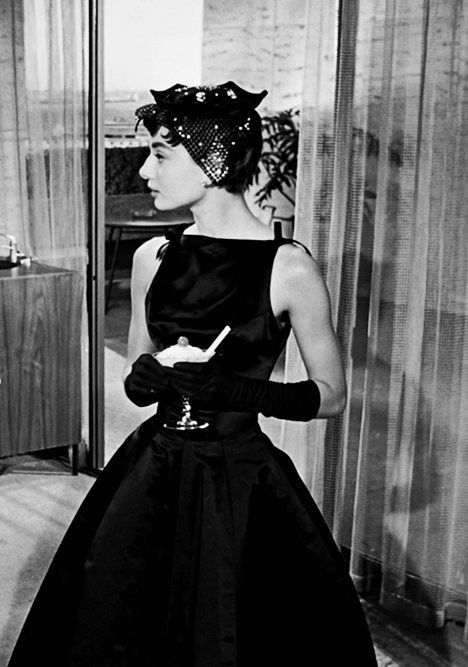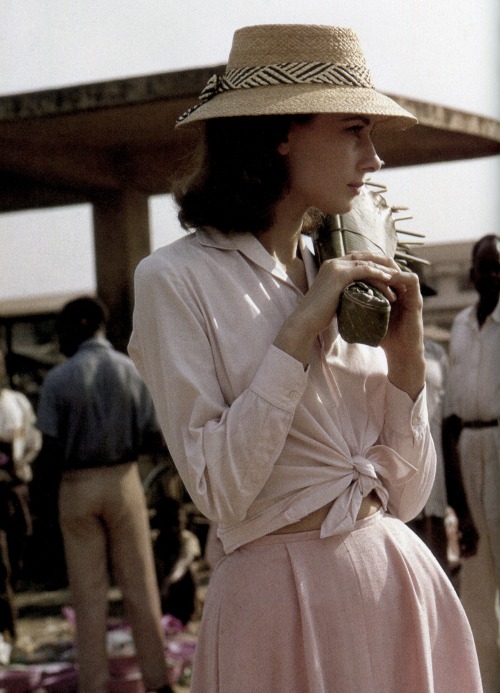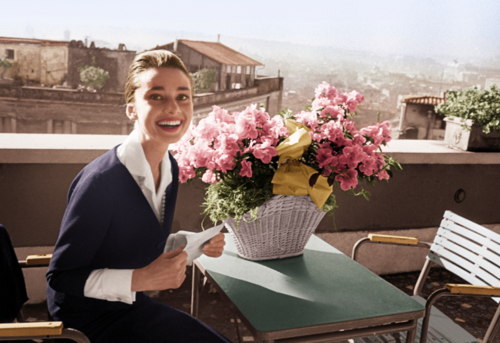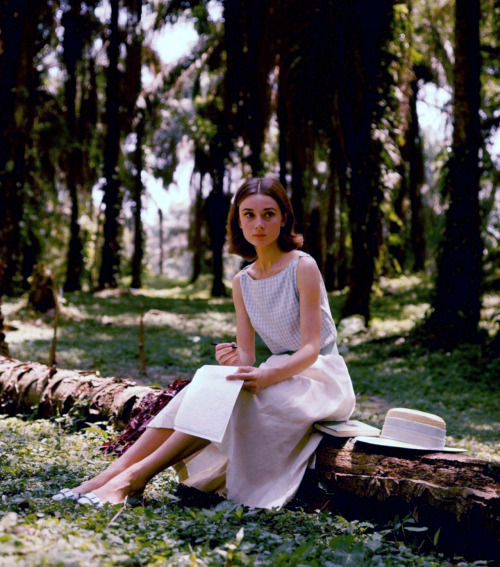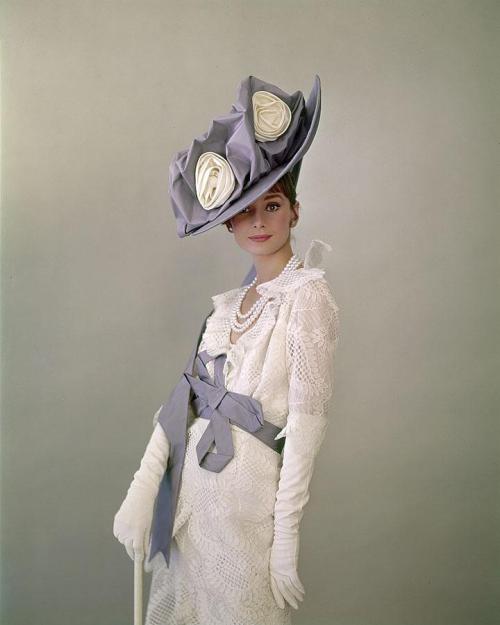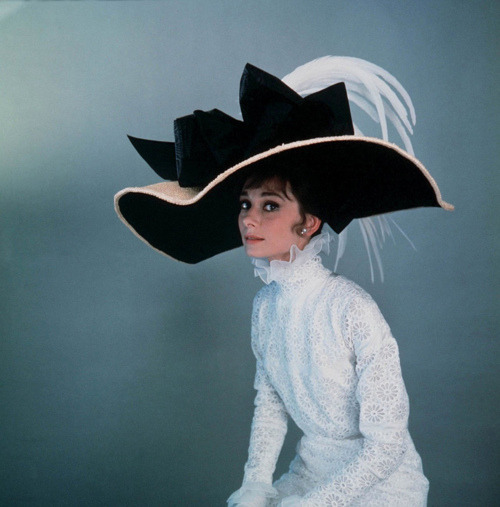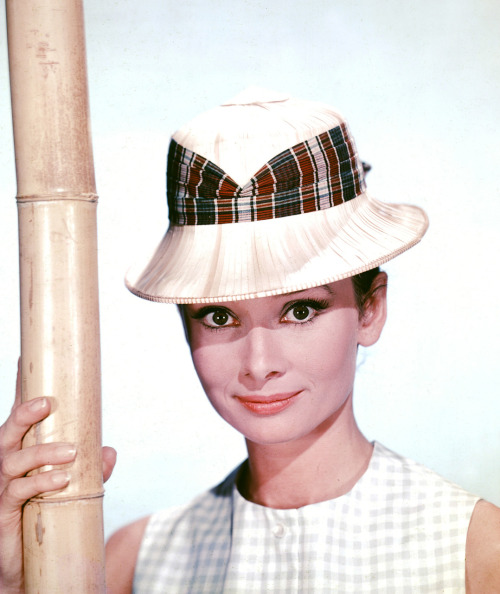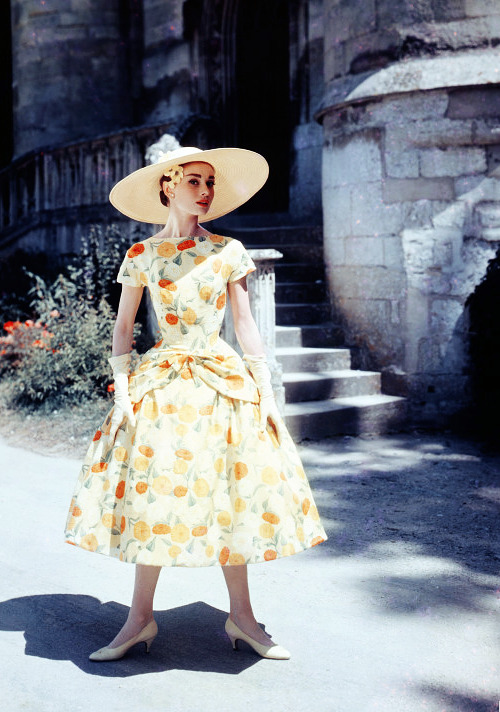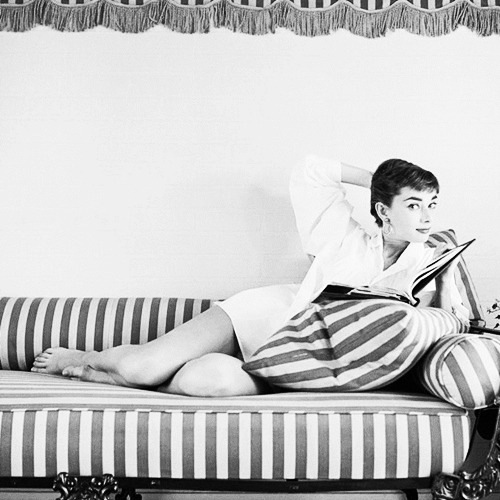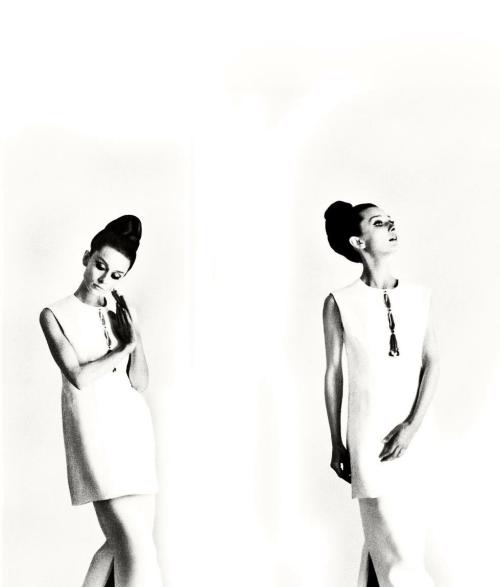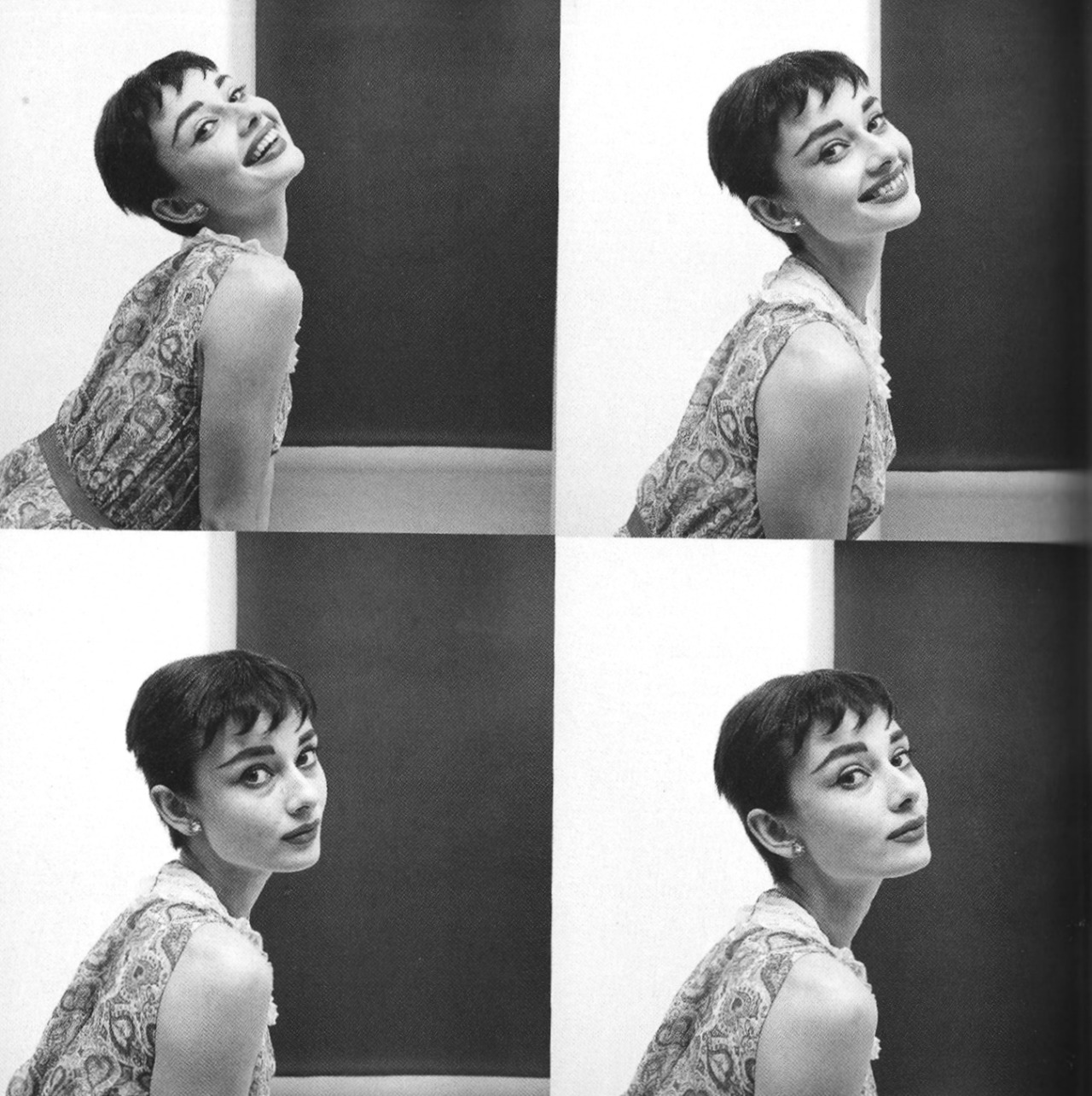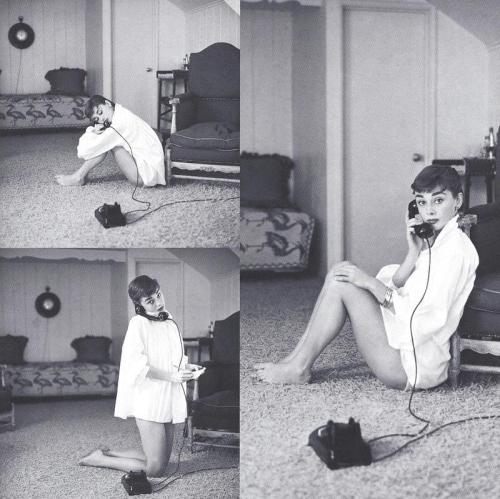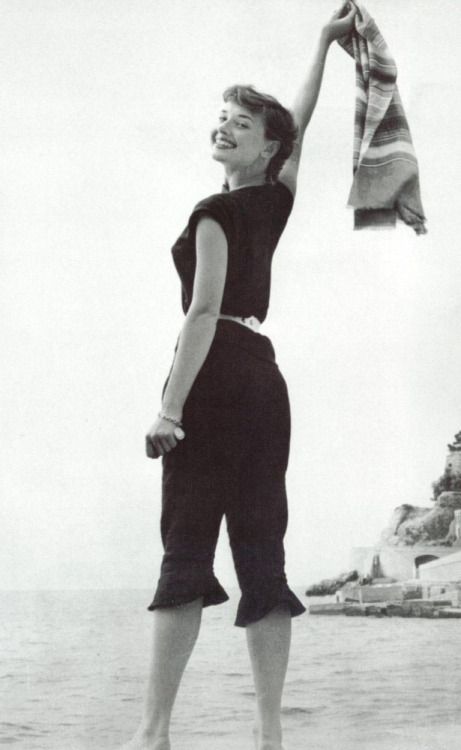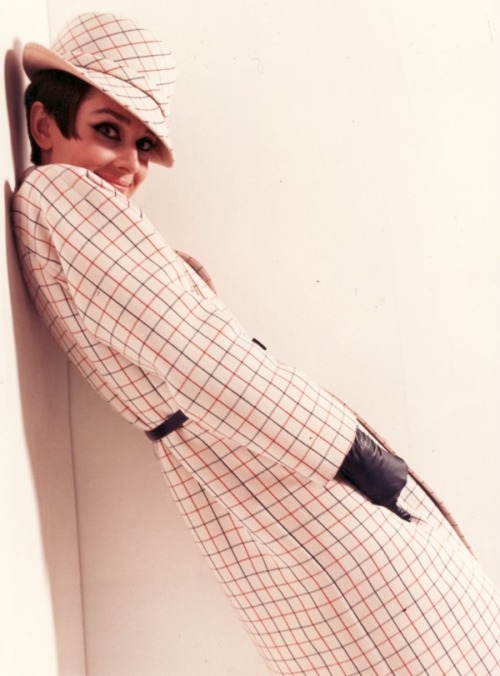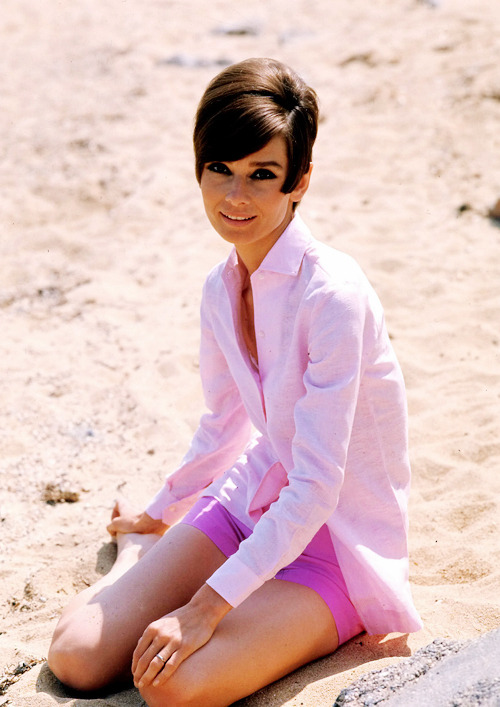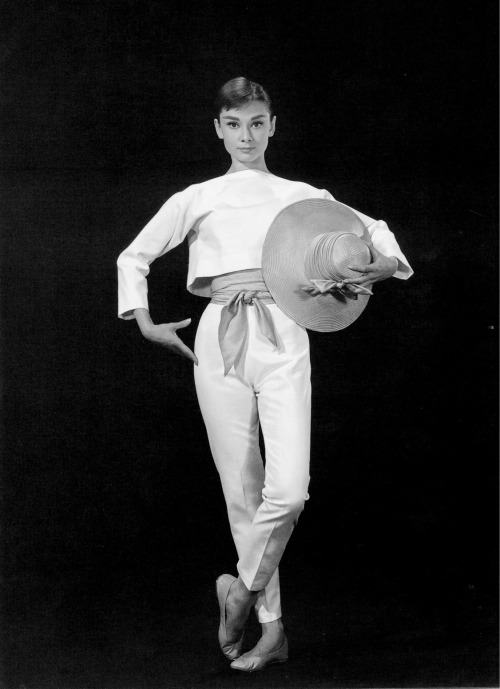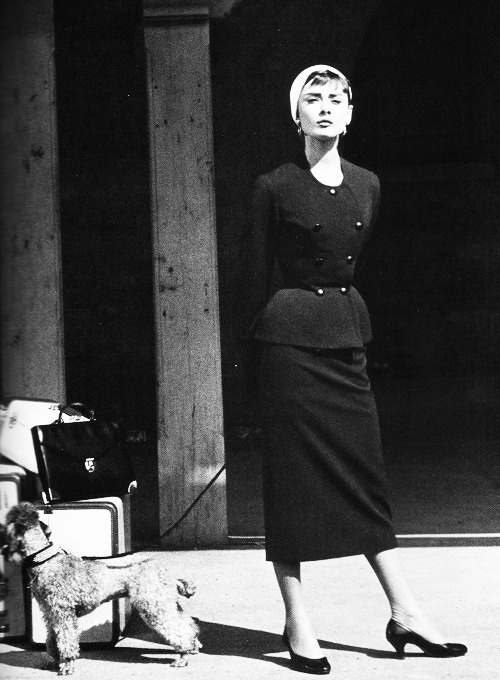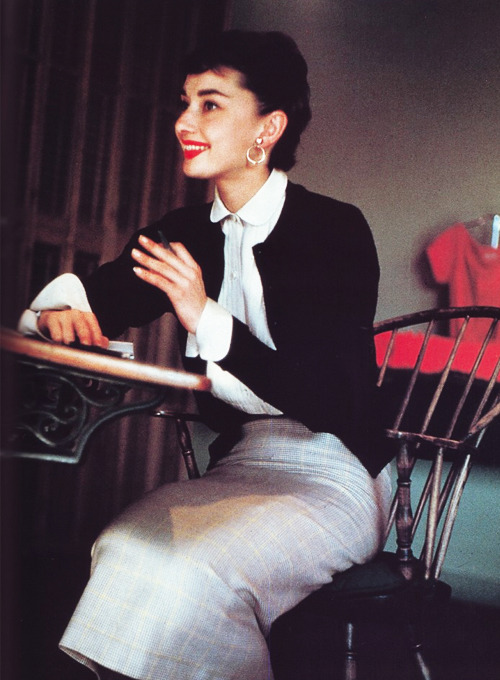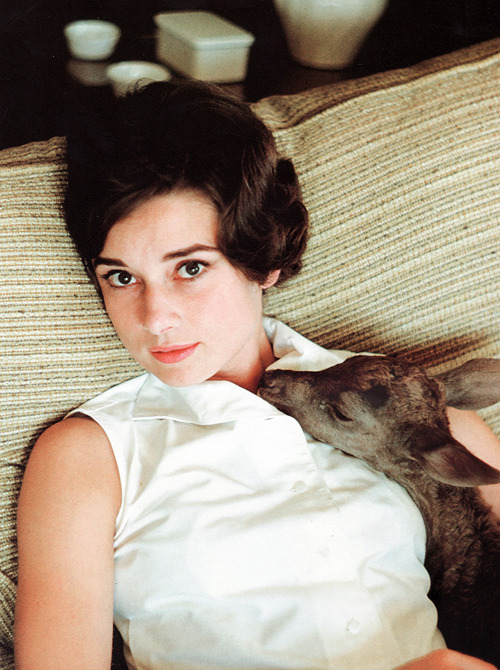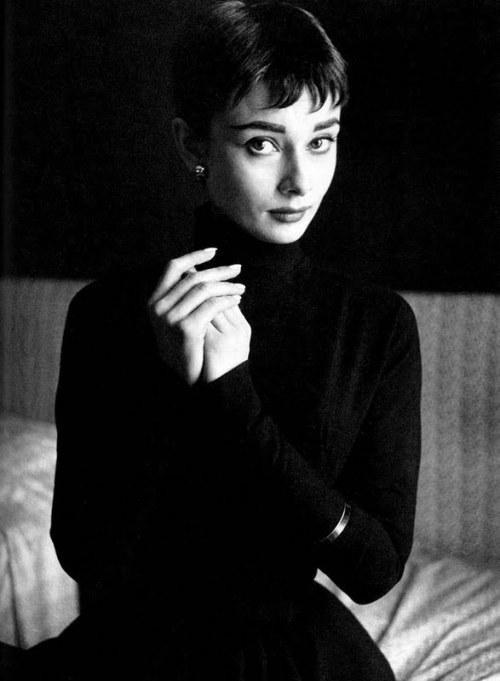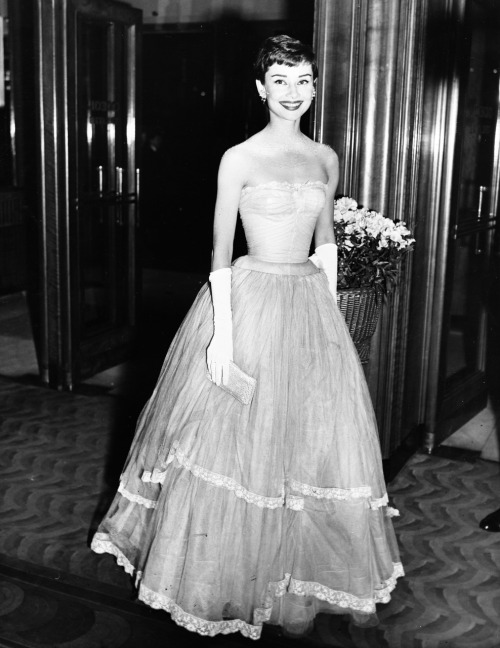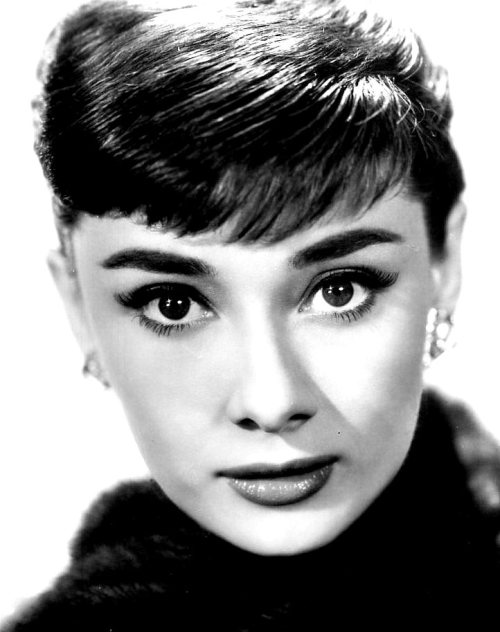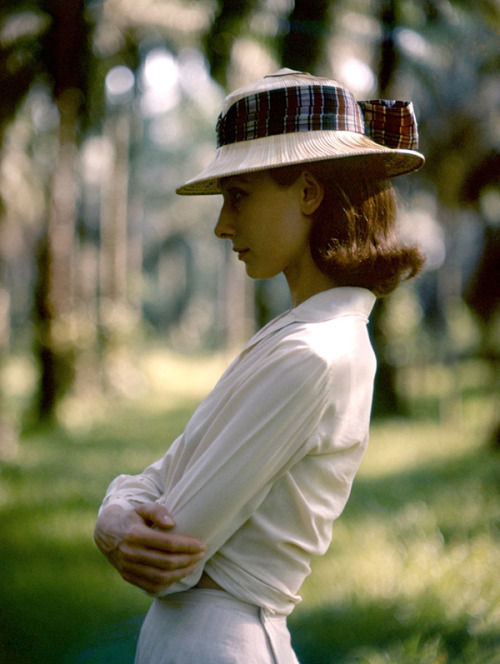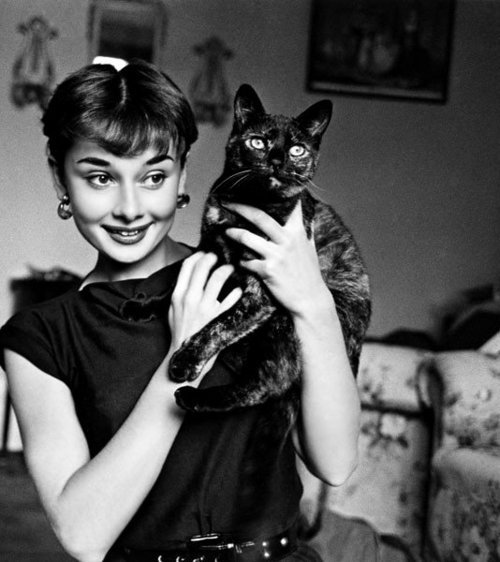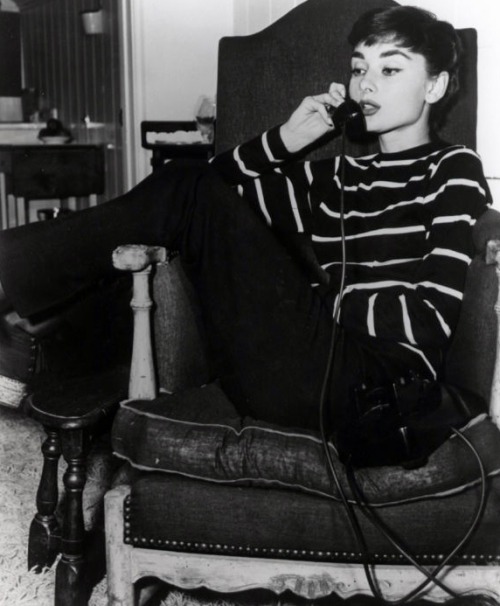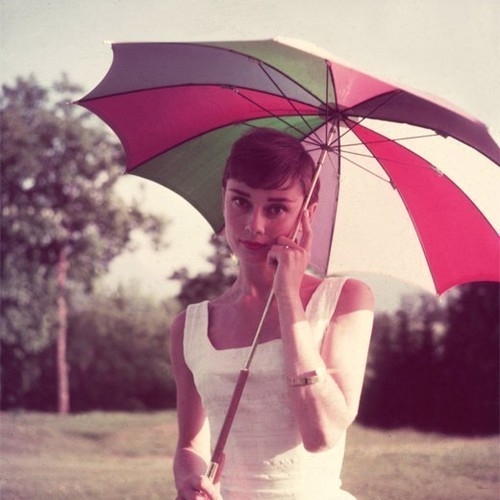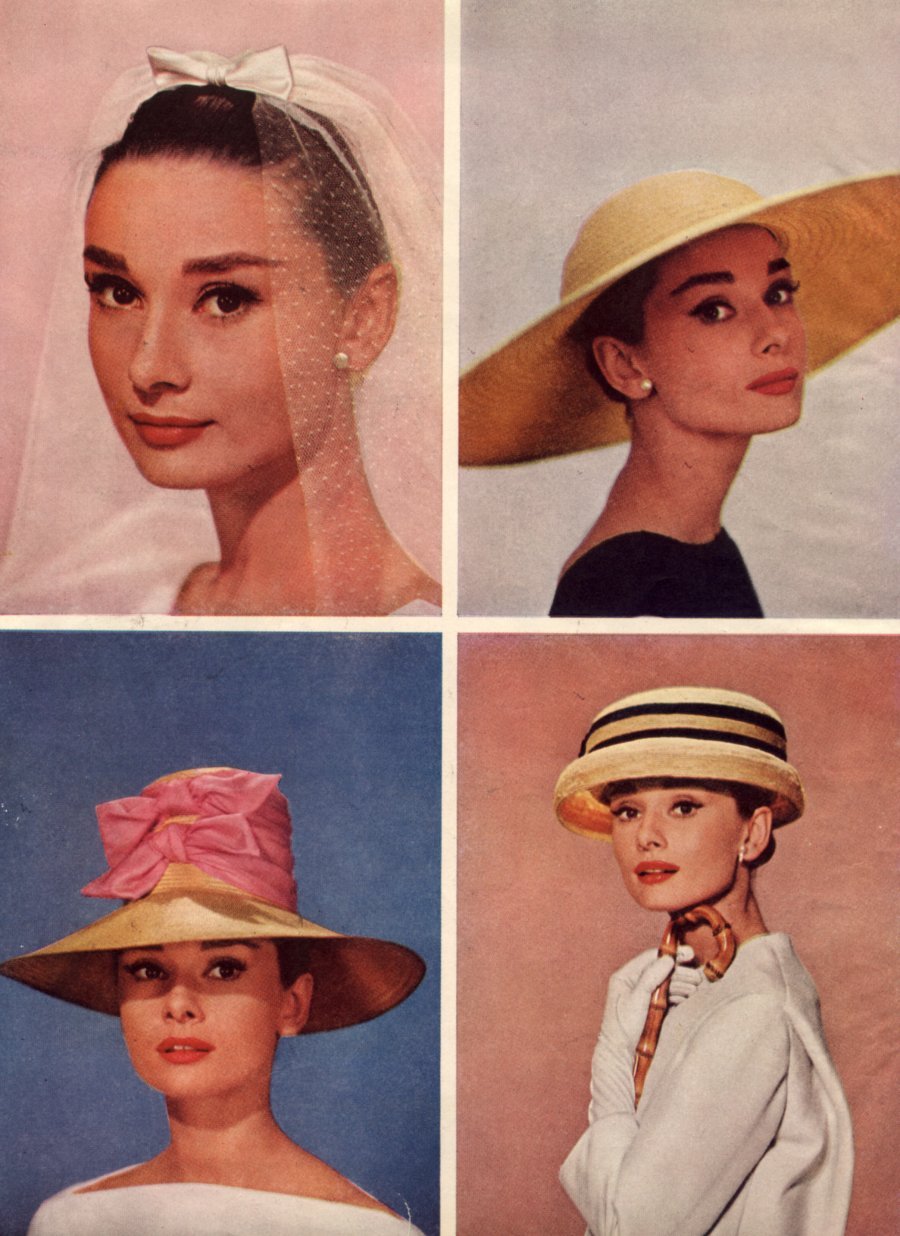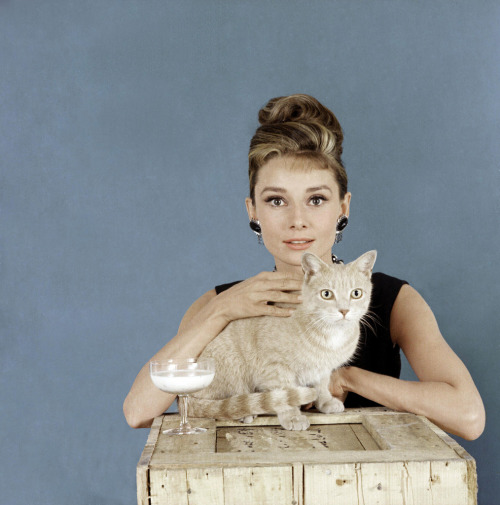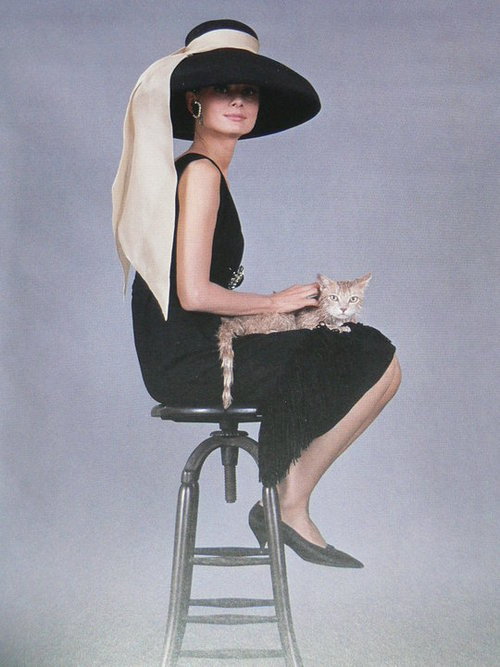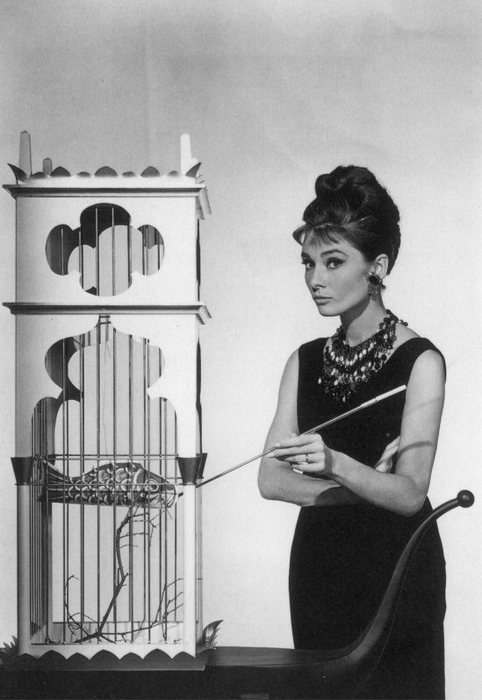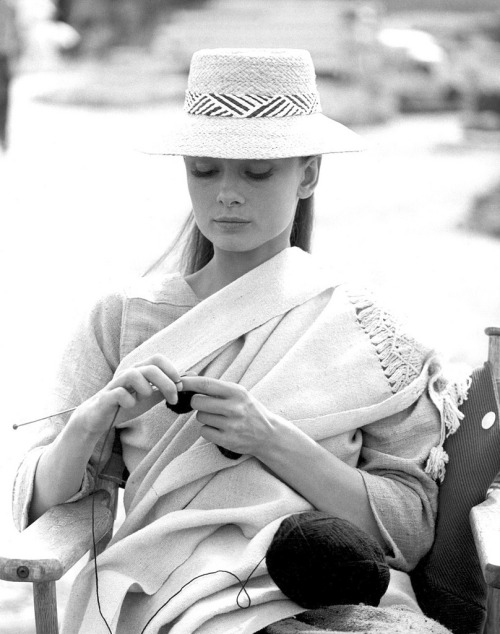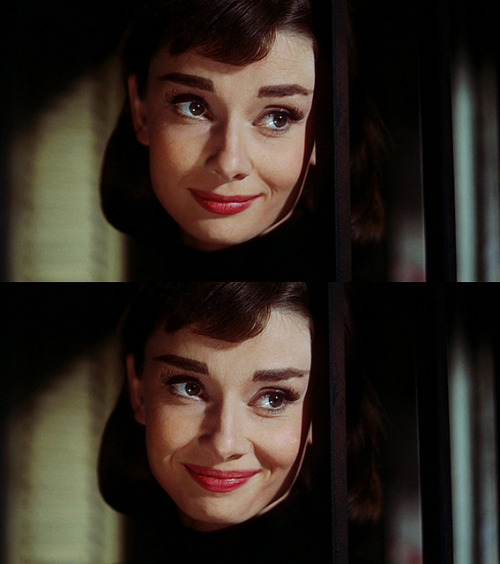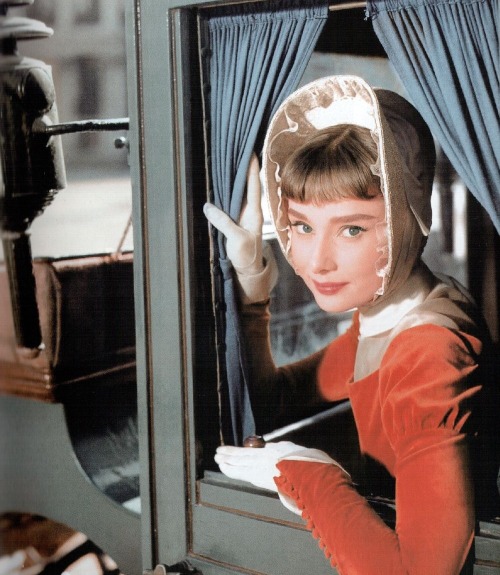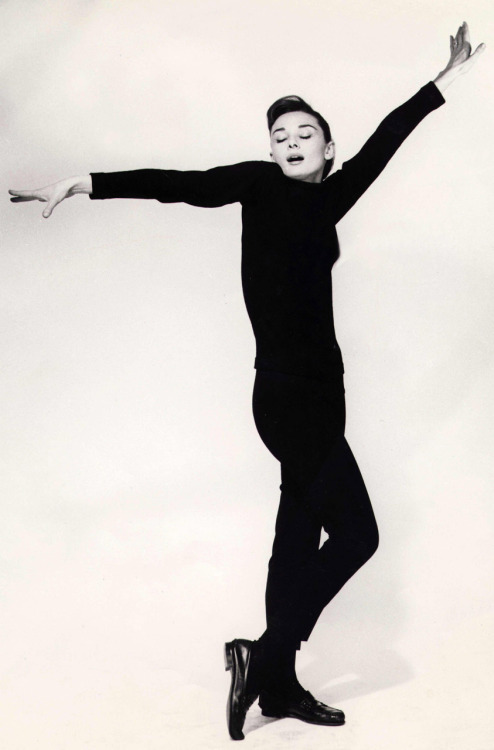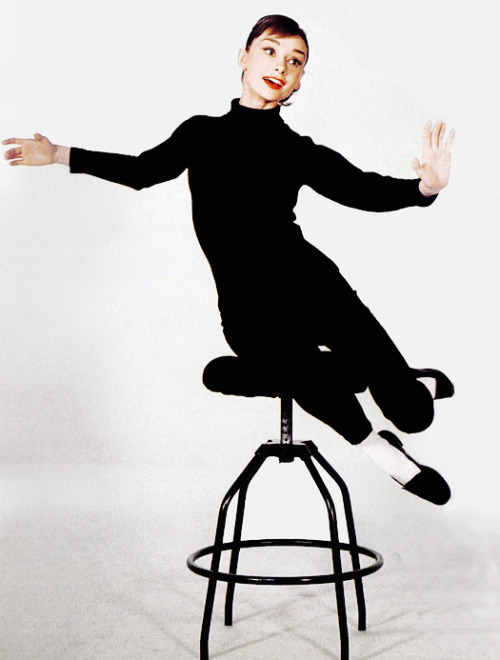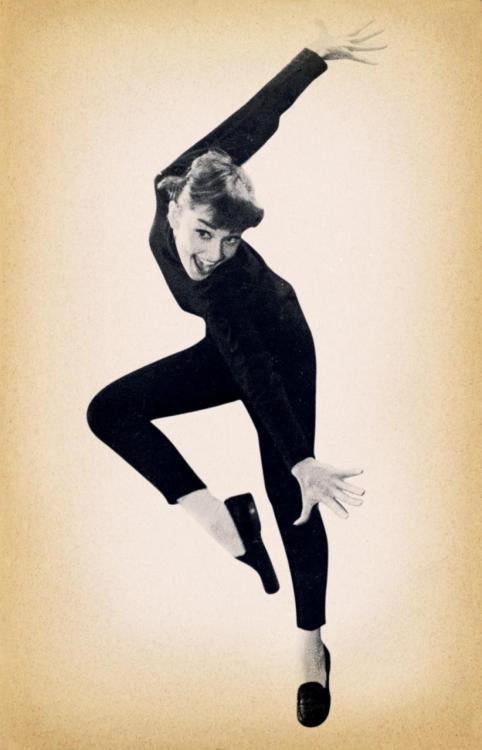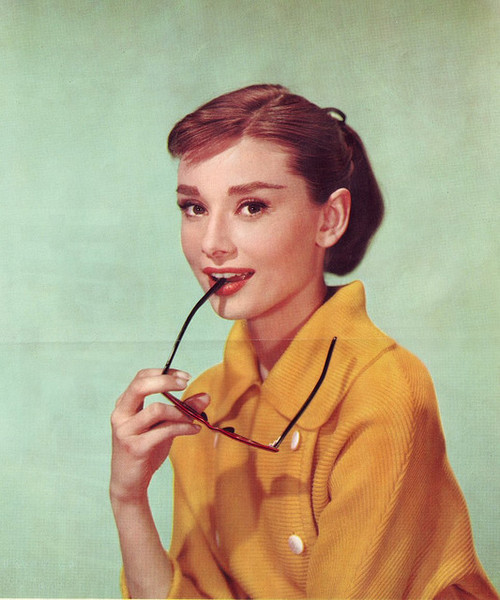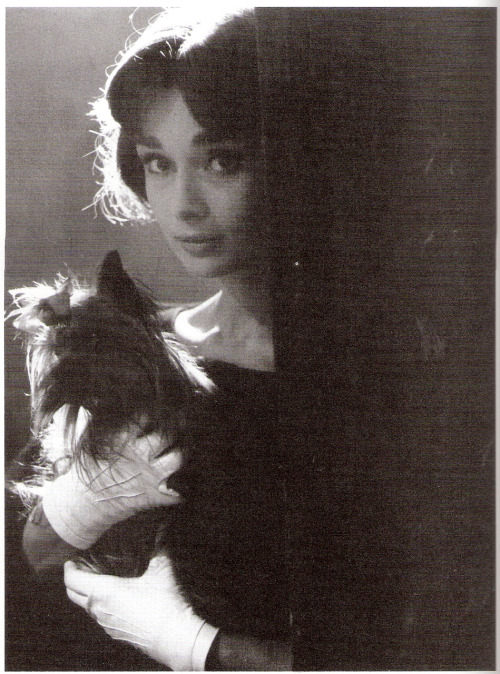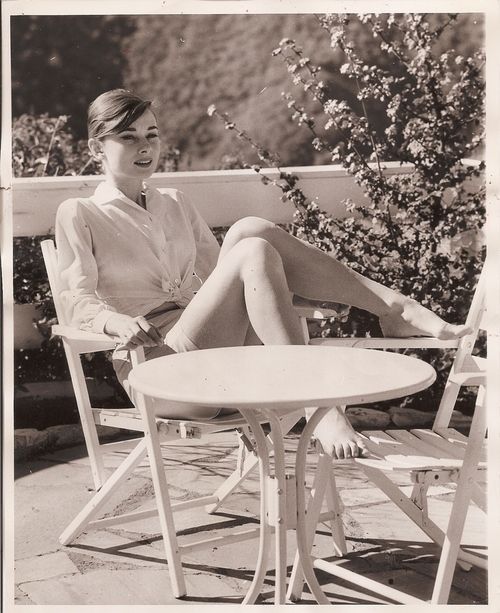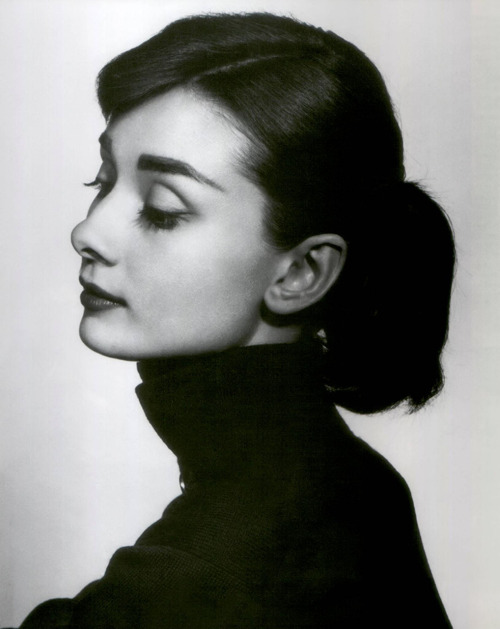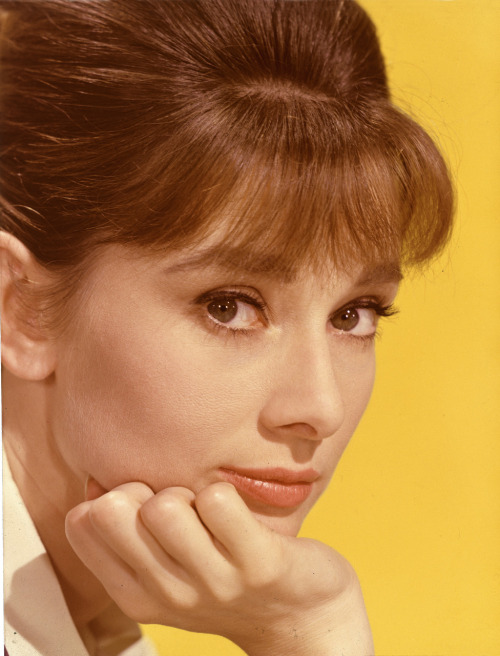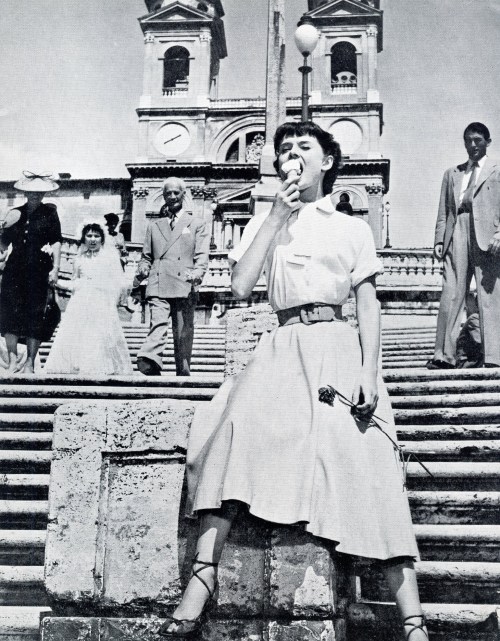So I watched "The apartment" again last night, about 24 hours after the 1st time, with immense pleasure.
I suppose there are tons of things one can write about when one discusses "The apartment": the dialogue, the plot, the wit, the humour, Shirley Maclaine's sweetness and melancholic air, the characterisation of C. C. Baxter (aka Bud), the doctor's talk on being a mensch, the repulsiveness of Sheldrake and the other 4 men, the suffix "wise", etc.
But I'd like to focus on the ending. "The apartment" is reminiscent of an essay on the 2 kinds of love in "Anna Karenina" and "Fathers and sons", the 1st one is romantic, passionate love, which can be tormenting or destructive (Vronsky- Anna Karenina, Bazarov- Anna Odintsova), the 2nd one is prosaic, intimate love, between 2 people who may not feel passionate about each other but who have trust and understanding and who find happiness in being together (Levin- Kitty, Arkady- Katya). I'm not against romantic love, but (according to some books I've read and some films I've watched) methinks, the fact that 2 people love each other doesn't necessarily mean that they can be happy together. "The apartment", albeit quite different, does seem to make the same point. In the end, there is no kiss, there is no embrace, there is not 1 saccharine bit, such things are not for Bud and Fran. Billy Wilder rejects sentimentalism and refuses to give the audience the sugary, cutesy ending they expect, but a realistic and unsentimental yet fantastic one. "The apartment" makes me think of the films I've seen which follow the formula that all such scenes (when one realises who one's true love is) must have kisses and embraces and tears and smiles of happiness, always. "The apartment" is an antithesis to such platitudinous mushiness.
Its ending, especially the last 4 words, is fantastic. It doesn't follow a formula. It's closer to life. It's unforgettable.
Pages
▼
Sunday, 27 April 2014
Wednesday, 23 April 2014
Cate Blanchett in "Blue Jasmine"
Before watching "Blue Jasmine" I had 2 preconceptions.
1 was that Cate Blanchett wouldn't disappoint me, and she didn't. As I've often said, Meryl Streep and Cate Blanchett are the 2 best actresses working today, and 2 of the greatest of all time. But that's also why I thought she wouldn't surprise me.

I was wrong. I was blown away.
"Blue Jasmine" tends to be compared to "A streetcar named Desire"- it's similar enough to remind one of Tennessee Williams's play and different enough to be a Woody Allen film rather than a remake. The film as a whole, I think, doesn't measure up to the 1951 "Streetcar" film in some aspects: the other actors are rather forgettable (except Sally Hawkins), the supporting characters can be inconsistent or simply caricatural, a few details (such as the 2 moments of revelation) seem quite contrived, Ginger's house is unrealistically, unconvincingly spacious, and then the plot doesn't have the dynamic between 2 persons, 2 forces, 2 sets of values (though one may defend the last point by arguing that Woody Allen chooses to focus on Jasmine and present her as causing her own downfall and destroying everything for everybody and that I'm simply biased).
 However, with Cate, these things don't matter greatly; and if they do, the film should nevertheless be watched for Cate alone- hers is 1 of the most outstanding, breathtaking and haunting performances in film history. I remember watching the 1995 TV adaptation of "Streetcar", looking at Jessica Lange and seeing, hearing Vivien Leigh. Cate escapes that, though her character Jasmine is not the same as Blanche DuBois, there was still a danger that her performance as Jasmine could be a replica of Vivien's, but she presents a different interpretation, a different approach, a more naturalistic style of acting, and it works beautifully. She mumbles, she rambles, she shakes, she bursts into tears, she stares into space, she looks the other way, above all, we look at her and see Jasmine, not Cate Blanchett, not Blanche DuBois, not Vivien Leigh, we see the madness and despair in her eyes and feel her pain and watch her fall apart. Some actors act only with the face, some also with hands and arms and legs and feet, with movements and gestures and voice- Cate Blanchett in "Blue Jasmine", like Vivien in "Streetcar", acts with every fibre in her body. She's so magnificent and hypnotic that the flaws of the film almost escape notice.
However, with Cate, these things don't matter greatly; and if they do, the film should nevertheless be watched for Cate alone- hers is 1 of the most outstanding, breathtaking and haunting performances in film history. I remember watching the 1995 TV adaptation of "Streetcar", looking at Jessica Lange and seeing, hearing Vivien Leigh. Cate escapes that, though her character Jasmine is not the same as Blanche DuBois, there was still a danger that her performance as Jasmine could be a replica of Vivien's, but she presents a different interpretation, a different approach, a more naturalistic style of acting, and it works beautifully. She mumbles, she rambles, she shakes, she bursts into tears, she stares into space, she looks the other way, above all, we look at her and see Jasmine, not Cate Blanchett, not Blanche DuBois, not Vivien Leigh, we see the madness and despair in her eyes and feel her pain and watch her fall apart. Some actors act only with the face, some also with hands and arms and legs and feet, with movements and gestures and voice- Cate Blanchett in "Blue Jasmine", like Vivien in "Streetcar", acts with every fibre in her body. She's so magnificent and hypnotic that the flaws of the film almost escape notice.
If asked, I cannot compare Cate's performance as Jasmine and that of Vivien as Blanche, it's impossible and both are 2 of the most deserving Oscar winners. But taking the career as a whole I must say that, as much as it pains me to say, Cate Blanchett (as well as Meryl Streep) is greater than Vivien at acting- having wider range, greater versatility, she is unrecognisable.
I may say more, but words are inadequate. Just watch the film.
1 was that Cate Blanchett wouldn't disappoint me, and she didn't. As I've often said, Meryl Streep and Cate Blanchett are the 2 best actresses working today, and 2 of the greatest of all time. But that's also why I thought she wouldn't surprise me.

I was wrong. I was blown away.
"Blue Jasmine" tends to be compared to "A streetcar named Desire"- it's similar enough to remind one of Tennessee Williams's play and different enough to be a Woody Allen film rather than a remake. The film as a whole, I think, doesn't measure up to the 1951 "Streetcar" film in some aspects: the other actors are rather forgettable (except Sally Hawkins), the supporting characters can be inconsistent or simply caricatural, a few details (such as the 2 moments of revelation) seem quite contrived, Ginger's house is unrealistically, unconvincingly spacious, and then the plot doesn't have the dynamic between 2 persons, 2 forces, 2 sets of values (though one may defend the last point by arguing that Woody Allen chooses to focus on Jasmine and present her as causing her own downfall and destroying everything for everybody and that I'm simply biased).
 However, with Cate, these things don't matter greatly; and if they do, the film should nevertheless be watched for Cate alone- hers is 1 of the most outstanding, breathtaking and haunting performances in film history. I remember watching the 1995 TV adaptation of "Streetcar", looking at Jessica Lange and seeing, hearing Vivien Leigh. Cate escapes that, though her character Jasmine is not the same as Blanche DuBois, there was still a danger that her performance as Jasmine could be a replica of Vivien's, but she presents a different interpretation, a different approach, a more naturalistic style of acting, and it works beautifully. She mumbles, she rambles, she shakes, she bursts into tears, she stares into space, she looks the other way, above all, we look at her and see Jasmine, not Cate Blanchett, not Blanche DuBois, not Vivien Leigh, we see the madness and despair in her eyes and feel her pain and watch her fall apart. Some actors act only with the face, some also with hands and arms and legs and feet, with movements and gestures and voice- Cate Blanchett in "Blue Jasmine", like Vivien in "Streetcar", acts with every fibre in her body. She's so magnificent and hypnotic that the flaws of the film almost escape notice.
However, with Cate, these things don't matter greatly; and if they do, the film should nevertheless be watched for Cate alone- hers is 1 of the most outstanding, breathtaking and haunting performances in film history. I remember watching the 1995 TV adaptation of "Streetcar", looking at Jessica Lange and seeing, hearing Vivien Leigh. Cate escapes that, though her character Jasmine is not the same as Blanche DuBois, there was still a danger that her performance as Jasmine could be a replica of Vivien's, but she presents a different interpretation, a different approach, a more naturalistic style of acting, and it works beautifully. She mumbles, she rambles, she shakes, she bursts into tears, she stares into space, she looks the other way, above all, we look at her and see Jasmine, not Cate Blanchett, not Blanche DuBois, not Vivien Leigh, we see the madness and despair in her eyes and feel her pain and watch her fall apart. Some actors act only with the face, some also with hands and arms and legs and feet, with movements and gestures and voice- Cate Blanchett in "Blue Jasmine", like Vivien in "Streetcar", acts with every fibre in her body. She's so magnificent and hypnotic that the flaws of the film almost escape notice.If asked, I cannot compare Cate's performance as Jasmine and that of Vivien as Blanche, it's impossible and both are 2 of the most deserving Oscar winners. But taking the career as a whole I must say that, as much as it pains me to say, Cate Blanchett (as well as Meryl Streep) is greater than Vivien at acting- having wider range, greater versatility, she is unrecognisable.
I may say more, but words are inadequate. Just watch the film.
Tuesday, 22 April 2014
A Vivien Leigh biopic? No, no, and no.
The trailer of "Grace of Monaco" has come out.
As I'm waiting for this film, I notice that in recent years Hollywood has been making biopics about screen legends, with some strange casting such as Michelle Williams as Marilyn Monroe, Lindsay Lohan and then Helena Bonham Carter as Elizabeth Taylor... (there are also rumours about Naomi Watts playing Marilyn).
So I have fears that there will be a biopic about Vivien Leigh.
Here's why I'm against the idea:
1/ It is generally difficult to portray actors.
Depicting a literary character on screen is not easy, because readers have their own visions of the character, but at least the character doesn't exist and can be imagined and interpreted in multiple ways. It's more difficult to portray a real person, and then another level to portray actors, because when people come to Daniel Day-Lewis and say that he doesn't know what Lincoln sounded like, he can say "but neither do you", actors who portray other actors can't say that. Actors are too 'familiar', we can still watch their films, so when seeing such biopics, we scrutinise the manners, gestures, facial expressions, ways of walking... and, more than that, demand the actors in the biopics to capture the essence, the qualities of those they're portraying. Tackling film legends is also more demanding than, say, talkshow hosts, because we love film stars, perhaps even worship them.
Take Jennifer Love Hewitt as Audrey Hepburn for instance. There are some actresses who have Audrey's qualities, such as Anne Hathaway or Natalie Portman. Jennifer Love Hewitt doesn't have a blend of elegance and grace with a boyish, natural, lively, refreshing, 'crazy' look of Audrey, even her walking in the opening scene of "Breakfast at Tiffany's" is completely wrong.
Michelle Williams as Marilyn Monroe does a better job, she gets right the voice, manners, facial expressions, gestures... In fact, she's a much more talented actress than the star she portrays. The tragic part is that she lacks the special factor that makes Marilyn Marilyn. Marilyn shines on screen, captivates the audience and makes everyone else disappear, Michelle Williams is the kind of ordinary girl who never stands out.
Cate Blanchett is perfect as Katharine Hepburn. Very, very few people can do so.
For the time being, I can't say anything about the casting of Nicole Kidman as Grace Kelly. Nicole has enough poise, but I haven't seen enough to recognise Grace's essence.
2/ Nobody looks like her.
Is there more to be said? Look at her face!


Let me quote her Larry: "Apart from her looks, which were magical, she possessed beautiful poise; her neck looked almost too fragile to support her head and bore it with a sense of surprise, and something of the pride of the master juggler who can make a brilliant manoeuvre appear almost accidental. She also had something else: an attraction of the most perturbing nature I had ever encountered."
3/ It's difficult to imitate her manners, facial expressions, gesticulations, ways of talking..., (almost) impossible to capture her elegance, mischievousness, cat-like quality...
People who impersonate her also have the danger that they may end up being ridiculous.
In "My week with Marilyn", Julia Ormond looks nothing like Vivien and doesn't seem to bother to act like her.
4/ Portraying Vivien Leigh means at some point the actress must play some of her roles, at least Scarlett O'Hara and/ or Blanche DuBois, her 2 Oscar-winning performances.
Much more challenging than when one portrays someone like Marilyn Monroe or Audrey Hepburn or Hedy Lamarr, it requires immense talent. No, it's mission impossible.
I can't think of anyone that can do her justice. Some people on the internet suggest Julia Ormond, Rachel Weisz, Catherine Zeta-Jones, Carey Mulligan, Keira Knightley...- I am appalled.
After all, why watch someone else playing her when we can watch her films instead?
5/ A biopic about her would obviously exploit her tragic life, her bipolar disorder, her turbulent relationship with Laurence Olivier...
Might include the stories of her as an adulterer, bisexual, nymphomaniac...
Generally, I tend to keep a certain distance from people I admire, in spite of my obsession, and don't want to hear details about a favourite actress's private life, especially her sex life. I don't even read Vivien Leigh biographies, and if I buy Kendra Bean's book, it's more because of the photos.
Remember my objection to Naomi Watts playing Diana? According to reviews, the film exploits Diana's life and paints her in a very ugly light. I fear that the same thing may happen if anyone makes a biopic about Vivien Leigh.
Just leave her alone.
PS: Wikipedia says Morgan Brittany portrayed Vivien Leigh 3 times. Seriously? I can't find any video on youtube. Can anybody find anything?
As I'm waiting for this film, I notice that in recent years Hollywood has been making biopics about screen legends, with some strange casting such as Michelle Williams as Marilyn Monroe, Lindsay Lohan and then Helena Bonham Carter as Elizabeth Taylor... (there are also rumours about Naomi Watts playing Marilyn).
So I have fears that there will be a biopic about Vivien Leigh.
Here's why I'm against the idea:
1/ It is generally difficult to portray actors.
Depicting a literary character on screen is not easy, because readers have their own visions of the character, but at least the character doesn't exist and can be imagined and interpreted in multiple ways. It's more difficult to portray a real person, and then another level to portray actors, because when people come to Daniel Day-Lewis and say that he doesn't know what Lincoln sounded like, he can say "but neither do you", actors who portray other actors can't say that. Actors are too 'familiar', we can still watch their films, so when seeing such biopics, we scrutinise the manners, gestures, facial expressions, ways of walking... and, more than that, demand the actors in the biopics to capture the essence, the qualities of those they're portraying. Tackling film legends is also more demanding than, say, talkshow hosts, because we love film stars, perhaps even worship them.
Take Jennifer Love Hewitt as Audrey Hepburn for instance. There are some actresses who have Audrey's qualities, such as Anne Hathaway or Natalie Portman. Jennifer Love Hewitt doesn't have a blend of elegance and grace with a boyish, natural, lively, refreshing, 'crazy' look of Audrey, even her walking in the opening scene of "Breakfast at Tiffany's" is completely wrong.
Michelle Williams as Marilyn Monroe does a better job, she gets right the voice, manners, facial expressions, gestures... In fact, she's a much more talented actress than the star she portrays. The tragic part is that she lacks the special factor that makes Marilyn Marilyn. Marilyn shines on screen, captivates the audience and makes everyone else disappear, Michelle Williams is the kind of ordinary girl who never stands out.
Cate Blanchett is perfect as Katharine Hepburn. Very, very few people can do so.
For the time being, I can't say anything about the casting of Nicole Kidman as Grace Kelly. Nicole has enough poise, but I haven't seen enough to recognise Grace's essence.
2/ Nobody looks like her.
Is there more to be said? Look at her face!


Let me quote her Larry: "Apart from her looks, which were magical, she possessed beautiful poise; her neck looked almost too fragile to support her head and bore it with a sense of surprise, and something of the pride of the master juggler who can make a brilliant manoeuvre appear almost accidental. She also had something else: an attraction of the most perturbing nature I had ever encountered."
3/ It's difficult to imitate her manners, facial expressions, gesticulations, ways of talking..., (almost) impossible to capture her elegance, mischievousness, cat-like quality...
People who impersonate her also have the danger that they may end up being ridiculous.
In "My week with Marilyn", Julia Ormond looks nothing like Vivien and doesn't seem to bother to act like her.
4/ Portraying Vivien Leigh means at some point the actress must play some of her roles, at least Scarlett O'Hara and/ or Blanche DuBois, her 2 Oscar-winning performances.
Much more challenging than when one portrays someone like Marilyn Monroe or Audrey Hepburn or Hedy Lamarr, it requires immense talent. No, it's mission impossible.
I can't think of anyone that can do her justice. Some people on the internet suggest Julia Ormond, Rachel Weisz, Catherine Zeta-Jones, Carey Mulligan, Keira Knightley...- I am appalled.
After all, why watch someone else playing her when we can watch her films instead?
5/ A biopic about her would obviously exploit her tragic life, her bipolar disorder, her turbulent relationship with Laurence Olivier...
Might include the stories of her as an adulterer, bisexual, nymphomaniac...
Generally, I tend to keep a certain distance from people I admire, in spite of my obsession, and don't want to hear details about a favourite actress's private life, especially her sex life. I don't even read Vivien Leigh biographies, and if I buy Kendra Bean's book, it's more because of the photos.
Remember my objection to Naomi Watts playing Diana? According to reviews, the film exploits Diana's life and paints her in a very ugly light. I fear that the same thing may happen if anyone makes a biopic about Vivien Leigh.
Just leave her alone.
PS: Wikipedia says Morgan Brittany portrayed Vivien Leigh 3 times. Seriously? I can't find any video on youtube. Can anybody find anything?
Monday, 21 April 2014
Vivien Leigh as Catherine Earnshaw
might not have been a bad idea after all.
Catherine Earnshaw in "Wuthering heights" is 1 of the roles Vivien Leigh very much wanted to play but couldn't, together with Ophelia and Elizabeth Bennet and Joan Fontaine's role in "Rebecca".

So far I have generally thought her not perfectly suitable for the role, because she had such a classical, impeccable beauty that didn't seem right for Catherine Earnshaw. But then, could anyone expect the lovely, charming Vivien Leigh to transform into Scarlett O'Hara? Clark Gable, for example, said "I’ll be truthful about it, however; I’ll confess that the first time I saw her I doubted that Vivien could really play Scarlett. That reaction shows I’m no casting director." Vivien not only became Scarlett, spoilt, frivolous, vain, materialistic, manipulative, mischievous and selfish yet charming, determined, strong, independent and smart, but she also made it impossible for (most) people to conceive the idea of a remake of "Gone with the wind" with another actress playing Scarlett, and at the same time, defined the Southern belle so strongly that Bette Davis's performance as Jezebel the year before paled in comparison and so would anyone who played a Southern belle. Come to think of it, Scarlett O'Hara and Catherine Earnshaw are similar in some aspects- both are selfish, both choose money over love, both are full of life and somehow destructive and self-destructive. Vivien must have seen in Scarlett what she had in herself that she could make use of- strength, independence and self-determination. Fans of "Gone with the wind" must be familiar with the legend of the film itself, the making of a masterpiece, the story of how Vivien made up her mind on fighting for the role and beat hundreds of other actresses in the race (including Katharine Hepburn and Bette Davis) and then proved all doubters wrong, which isn't much different from the way Scarlett O'Hara swears to God "I'll never be hungry again" and does whatever it requires to survive and achieve her goals. Similarly, I think Vivien wanted the main role in "Wuthering heights" not for the sole purpose of acting opposite Laurence Olivier, but because she believed that she had the qualities to portray Catherine Earnshaw. Look at her, Vivien was indeed pulchritudinous, 1 of the most gorgeous actresses to grace the silver screen, if not the most, but in addition to that charm and sweetness and the perfect features, there was something else, indescribable, since Vivien didn't possess the kind of refreshing, innocent and youthful image of Audrey Hepburn, nor the soft, gentle look of Ingrid Bergman, but seemed to have some kind of fire, something wild and fierce, even destructive and dangerous. From what I've read, she was in general a very passionate person, and then had to struggle in "her possession by that uncannily evil monster" (Larry's words). The sentence describing Catherine Earnshaw can apply perfectly to her: "She burned too bright for this world."

Above all, unlike Audrey Hepburn, Marilyn Monroe, Grace Kelly..., Vivien Leigh's not a film star, but an actress, and a great one. And whilst people talk of Katharine Hepburn and Bette Davis more often, I admire Vivien more for the fact that, as she didn't belong to Hollywood, she was as different in her roles as she could, and wasn't stuck to 1 definite persona. These 2 actresses were undoubtedly excellent, but after all in films Katharine Hepburn was always Katharine Hepburn and Bette Davis was always Bette Davis, Vivien, albeit often vivacious, managed to be different, and a decade after Scarlett O'Hara, she again played a Southern belle in "A streetcar named Desire", a totally different one, and again did it so wonderfully and reached such an unimaginable height in acting that she was Blanche DuBois as much as Blanche DuBois was her, that one reads Tennessee Williams's play and hears her voice, that one sees Jessica Lange in the same role in the TV version and only sees Jessica Lange as Vivien as Blanche DuBois (and, as I've read, it's the same with other actresses who have played the character in theatre after Vivien Leigh). Most admirable is the way she made use of her inner demon for her craft, her performance, as she portrayed the smallest nuances, the vulnerability and fragility, the insecurity and desperation and despair underneath the shifting mood, the snobbery and frivolity of the character. Her theatrical acting was the most appropriate approach. She turned into the character, and defined the character.
The only thing to resent is that Vivien made the mistake of choosing theatre over film. And that she didn't get the role of Catherine Earnshaw, which, I now believe, she could have played marvellously.
Catherine Earnshaw in "Wuthering heights" is 1 of the roles Vivien Leigh very much wanted to play but couldn't, together with Ophelia and Elizabeth Bennet and Joan Fontaine's role in "Rebecca".

So far I have generally thought her not perfectly suitable for the role, because she had such a classical, impeccable beauty that didn't seem right for Catherine Earnshaw. But then, could anyone expect the lovely, charming Vivien Leigh to transform into Scarlett O'Hara? Clark Gable, for example, said "I’ll be truthful about it, however; I’ll confess that the first time I saw her I doubted that Vivien could really play Scarlett. That reaction shows I’m no casting director." Vivien not only became Scarlett, spoilt, frivolous, vain, materialistic, manipulative, mischievous and selfish yet charming, determined, strong, independent and smart, but she also made it impossible for (most) people to conceive the idea of a remake of "Gone with the wind" with another actress playing Scarlett, and at the same time, defined the Southern belle so strongly that Bette Davis's performance as Jezebel the year before paled in comparison and so would anyone who played a Southern belle. Come to think of it, Scarlett O'Hara and Catherine Earnshaw are similar in some aspects- both are selfish, both choose money over love, both are full of life and somehow destructive and self-destructive. Vivien must have seen in Scarlett what she had in herself that she could make use of- strength, independence and self-determination. Fans of "Gone with the wind" must be familiar with the legend of the film itself, the making of a masterpiece, the story of how Vivien made up her mind on fighting for the role and beat hundreds of other actresses in the race (including Katharine Hepburn and Bette Davis) and then proved all doubters wrong, which isn't much different from the way Scarlett O'Hara swears to God "I'll never be hungry again" and does whatever it requires to survive and achieve her goals. Similarly, I think Vivien wanted the main role in "Wuthering heights" not for the sole purpose of acting opposite Laurence Olivier, but because she believed that she had the qualities to portray Catherine Earnshaw. Look at her, Vivien was indeed pulchritudinous, 1 of the most gorgeous actresses to grace the silver screen, if not the most, but in addition to that charm and sweetness and the perfect features, there was something else, indescribable, since Vivien didn't possess the kind of refreshing, innocent and youthful image of Audrey Hepburn, nor the soft, gentle look of Ingrid Bergman, but seemed to have some kind of fire, something wild and fierce, even destructive and dangerous. From what I've read, she was in general a very passionate person, and then had to struggle in "her possession by that uncannily evil monster" (Larry's words). The sentence describing Catherine Earnshaw can apply perfectly to her: "She burned too bright for this world."

Above all, unlike Audrey Hepburn, Marilyn Monroe, Grace Kelly..., Vivien Leigh's not a film star, but an actress, and a great one. And whilst people talk of Katharine Hepburn and Bette Davis more often, I admire Vivien more for the fact that, as she didn't belong to Hollywood, she was as different in her roles as she could, and wasn't stuck to 1 definite persona. These 2 actresses were undoubtedly excellent, but after all in films Katharine Hepburn was always Katharine Hepburn and Bette Davis was always Bette Davis, Vivien, albeit often vivacious, managed to be different, and a decade after Scarlett O'Hara, she again played a Southern belle in "A streetcar named Desire", a totally different one, and again did it so wonderfully and reached such an unimaginable height in acting that she was Blanche DuBois as much as Blanche DuBois was her, that one reads Tennessee Williams's play and hears her voice, that one sees Jessica Lange in the same role in the TV version and only sees Jessica Lange as Vivien as Blanche DuBois (and, as I've read, it's the same with other actresses who have played the character in theatre after Vivien Leigh). Most admirable is the way she made use of her inner demon for her craft, her performance, as she portrayed the smallest nuances, the vulnerability and fragility, the insecurity and desperation and despair underneath the shifting mood, the snobbery and frivolity of the character. Her theatrical acting was the most appropriate approach. She turned into the character, and defined the character.
The only thing to resent is that Vivien made the mistake of choosing theatre over film. And that she didn't get the role of Catherine Earnshaw, which, I now believe, she could have played marvellously.
